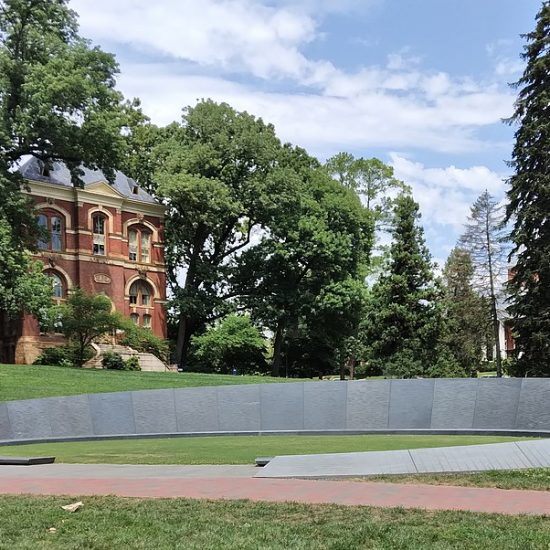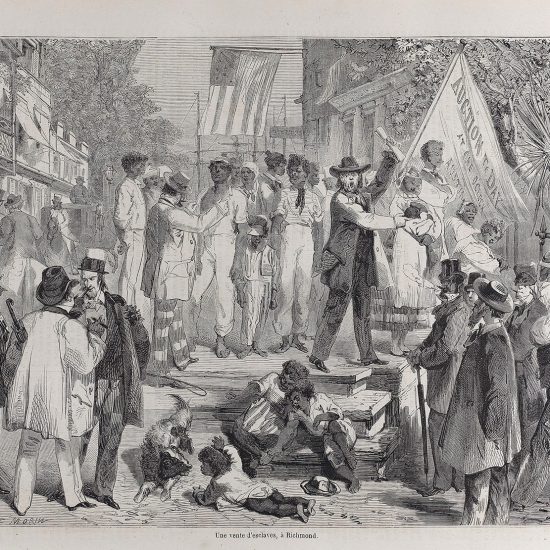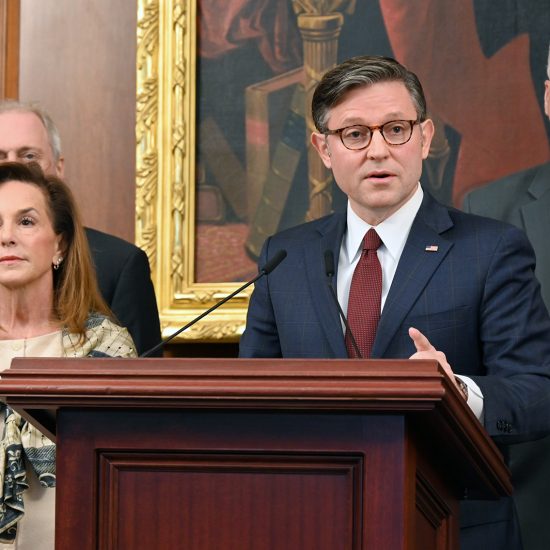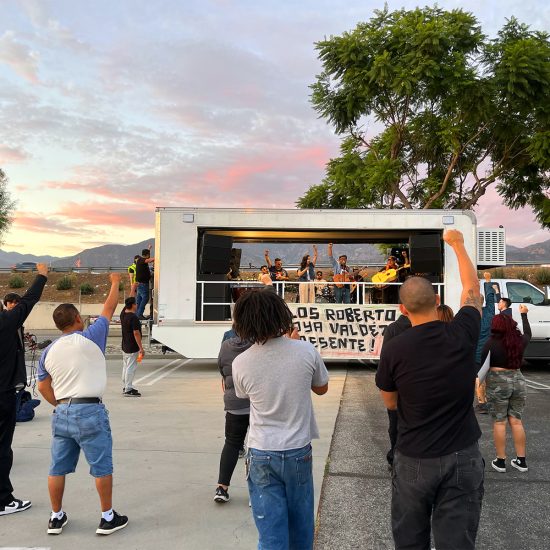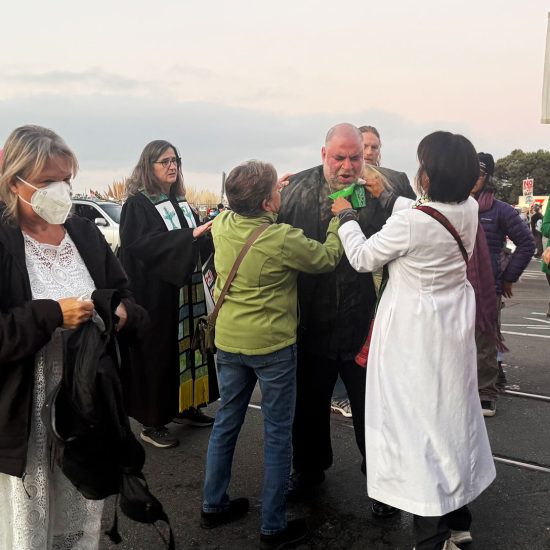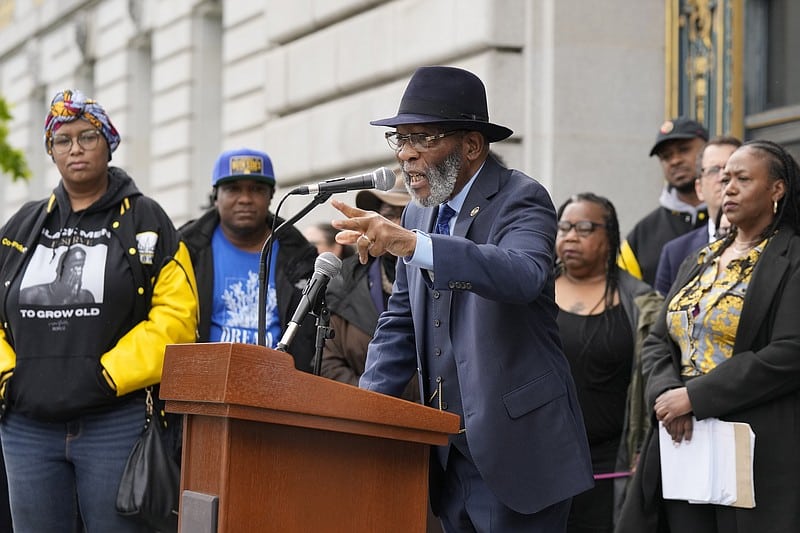
(RNS) — Rev. Amos C. Brown is a civil rights veteran and onetime student of the Rev. Martin Luther King Jr. Brown is the namesake of a fellowship that has brought young adults to Ghana with leaders of the NAACP and The Church of Jesus Christ of Latter-day Saints to learn the history of slavery. Now, the 82-year-old senior pastor of San Francisco’s Third Baptist Church is vice chair of California’s Task Force to Study and Develop Reparation Proposals for African Americans, which released its final report on Thursday (June 29).
Brown, Third Baptist’s senior pastor since 1976, is particularly proud that his historic church affiliated with the National Baptist Convention, USA, and the American Baptist Churches USA, was the site of the first in-person public meeting of the task force.
At its most recent meeting, held in Oakland, the task force recommended monetary compensation be part of the reparations that state officials consider when they receive the task force’s final report.
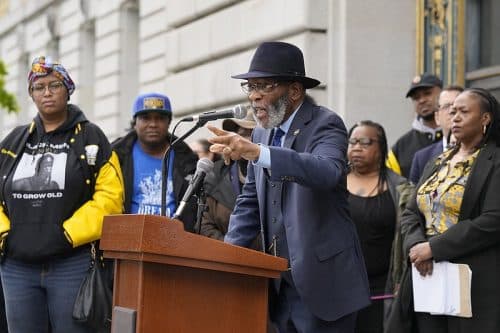
Rev. Amos C. Brown speaks at a reparations rally outside of City Hall in San Francisco, California, on March 14, 2023. (Jeff Chiu/Associated Press)
Brown, the president of the San Francisco NAACP, spoke with Religion News Service about his work with the task force, the history of racism in the U.S. and his hopes for reparations in the country. The interview was edited for length and clarity.
Do you consider your work as vice chair of the reparations task force to be an unusual step for a clergyperson or a fitting one?
It’s a fitting one. Jesus of Nazareth, according to Luke 4, went into that synagogue and stood up to read and what did he talk about? He talked about liberating people from oppression, from sickness. He talked about the acceptable year of the Lord and what was the acceptable year? Paying back debts.
Harm has been done to Black folks by this nation. And it’s time for us to respond and not react but respond in a responsible, rational, realistic way that will give us results to bring Black folks from the bottom of the well economically, academically, healthwise.
Have many Black churches spoken out in favor of reparations in your state?
I spoke to ministers down in Los Angeles, up here in San Francisco. No Black faith leader who really is following Jesus of Nazareth — or even those who are in the Nation of Islam — in his or her best thinking would say reparations were not needed.
Some groups who work toward reparations say it’s not just about money. What is your view? Is money a crucial part of this?
I put it this way as a Mississippian (laughs) and in the words of an old preacher: You can pat your head and rub your belly at the same time. It’s not either/or. If you’ve given money to other groups, what’s good for the goose is good for the gander.
It’s a question of what is practical. And I feel that when people throw out numbers that are not rational, that are not practical, that are not deliverable, it brings us, at the end of the day, to be stuck in quagmire and a skunk fight. It will be in the hands of agencies of the Assembly and the Senate, who ought to come to common ground, sit around the table and have reasonable leadership. The legislative body ought to listen to expert people who are economists. You have to look at what is the state of the economy in the state and what is our debt and all of that.
What else is key or could occur besides financial payments?
The NAACP has always said from day one, originally, reparations was about land. Land. Terra firma. 40 acres.
Number two, you got to have health. And we got to deal also with environmental health. Getting rid of these toxic communities like Bayview Hunters Point here in San Francisco, where many of our people are living in public housing and they are victims of death before the deadline.
You’ve got to have education. We will adopt the Freedom School model that was created by Marian Wright Edelman for the Children’s Defense Fund.
And then we got to look at the matter of this criminal justice, this prison industrial complex. And right here in California, you got all of these prisons here where we have been disproportionately incarcerated. That land where these prisons are being closed needs to be donated to Black folks.
There’s a divide in the Black religious community and beyond it over who should be compensated by a reparations program, whether it is people who can prove they were descendants of enslaved people or a wider group of people. How do you feel about that issue?
I think we have to start at the beginning point. We got to start right now at the scene of the crime. And that was for those who are descendants of this enslavement that happened here in this country and was practiced as a complicit crime in California.
What are some of the national implications that you expect to come out of this report?
They will discover we have developed a model that can’t be resisted and ought to be seriously considered for learning and adoption of what they ought to be about.
There are some who may think that just having an apology is sufficient. But what else do you think might happen, as a result of this report, in legislative action?
You’ve got three A’s. America, California, San Francisco have got to admit the wrong. Secondly, you got to atone. What is atonement? Reparations. The final one is to act. And we’ve got to act and stop just talking, not just saying we are sad. We got to stop just having a plan. We got to execute that plan with action. AAA will save the day in the United States of America.
Last question: Is Vice President Kamala Harris still a member of Third Baptist Church?
Yes, she’s a member. And a dues-paying member too.
NOTE: Brown has written for Word&Way and been a podcast guest.


